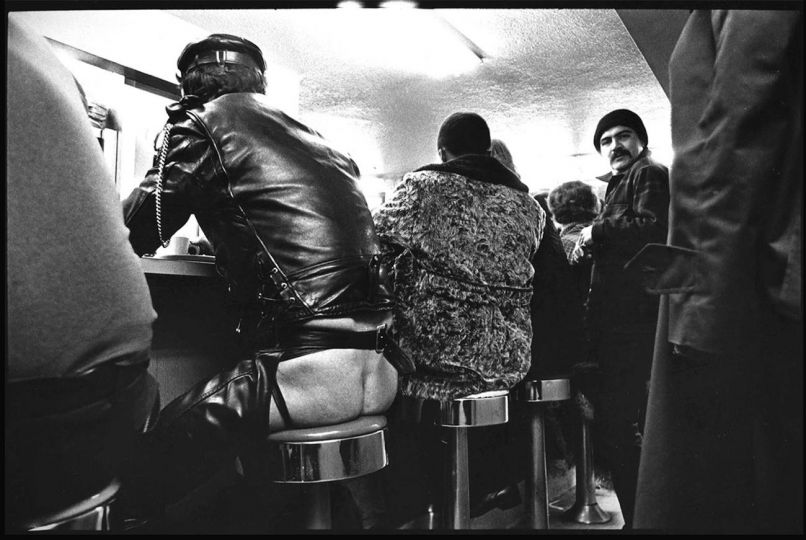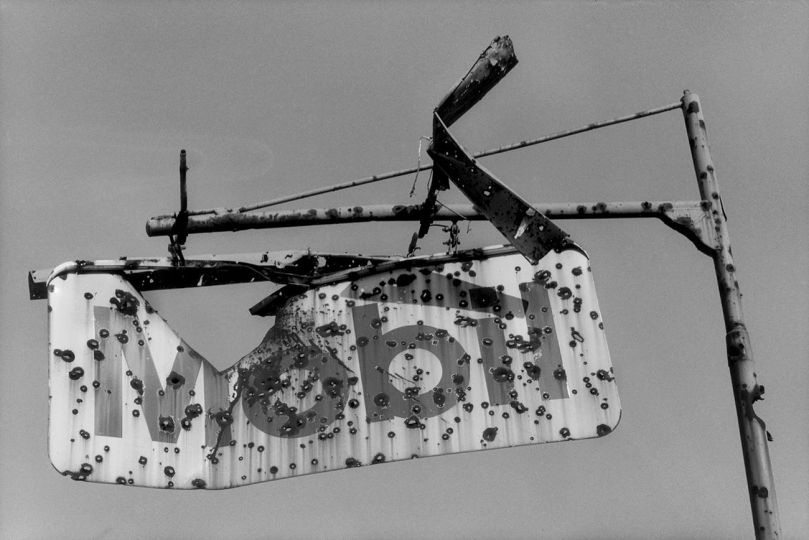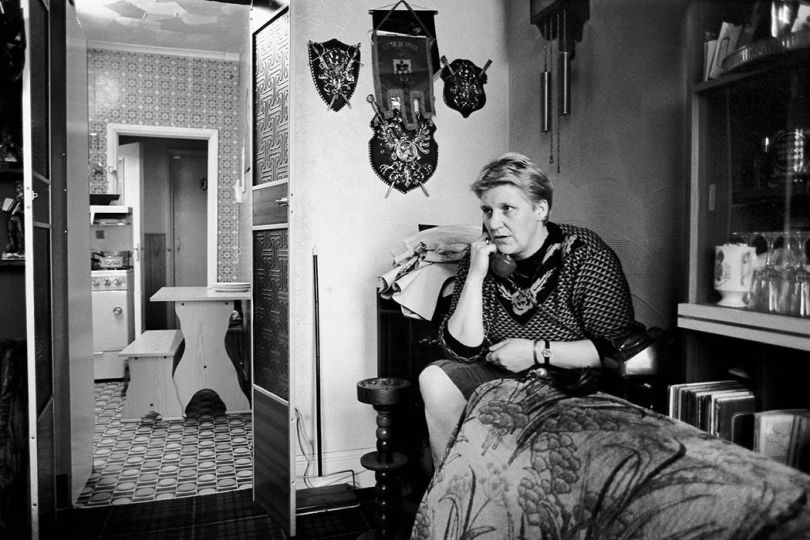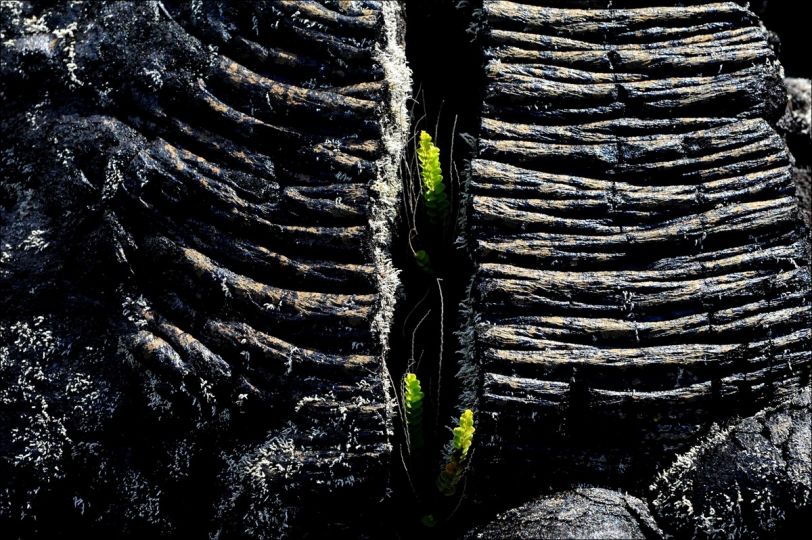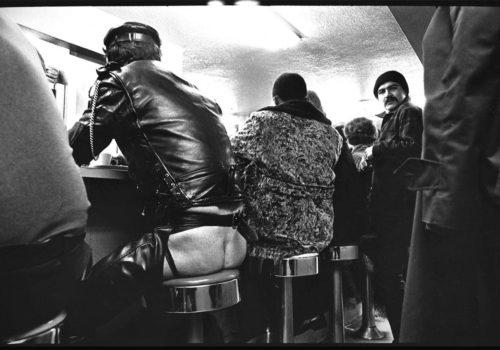Unhealthy markets and covid-19 – The expansion of the new SARS-CoV-2 coronavirus, which has emerged in the humid market of the Chinese city of Wuhan, advances inexorably.
Who has seen a wet market in China or any of the markets of this type in the world will not be surprised. Wet markets refer to the fact that many of the domestic or wild animals sold are slaughtered on site. In an extremely congested and closed space, hundreds of people crowd every morning, cages full of domestic and wild animals, blood, excreta, guts and body fluids intermingle, in the midst of a total absence of biosecurity. Live fish that shake in buckets, gutted and filleted on the ground. Hygienic-sanitary conditions are deplorable. Before reaching the market, the stench is evident in the environment. There are people who live and spend the night in the market itself or its closest environment. Aside from total disregard for animal welfare, these markets have all the ingredients to create the perfect environment for viral or microbial transmission. As long as these markets persist, we will talk about the next virus because with globalization, overpopulation and hyper-connectivity, the world has become small. People and germs travel at a speed unknown until now by humanity.
Animals are not responsible for the epidemics. In most of the emerging zoonoses, man has invaded the ecological spaces of wildlife and we have put nature at our consumer service. Climate change and habitat destruction are powerful allies for nesting zoonoses.
At the top of our pyramid of opulence, we have witnessed how a simple invisible bug has closed the world. Baffled, we have witnessed our sudden confinement and the awareness of our vulnerability.
With a rampant pandemic worldwide, of unknown health and socio-economic effects, it is necessary to reflect on our model of future development and our relationship with nature to begin again to rebuild ourselves. – Catalina Gomez López



